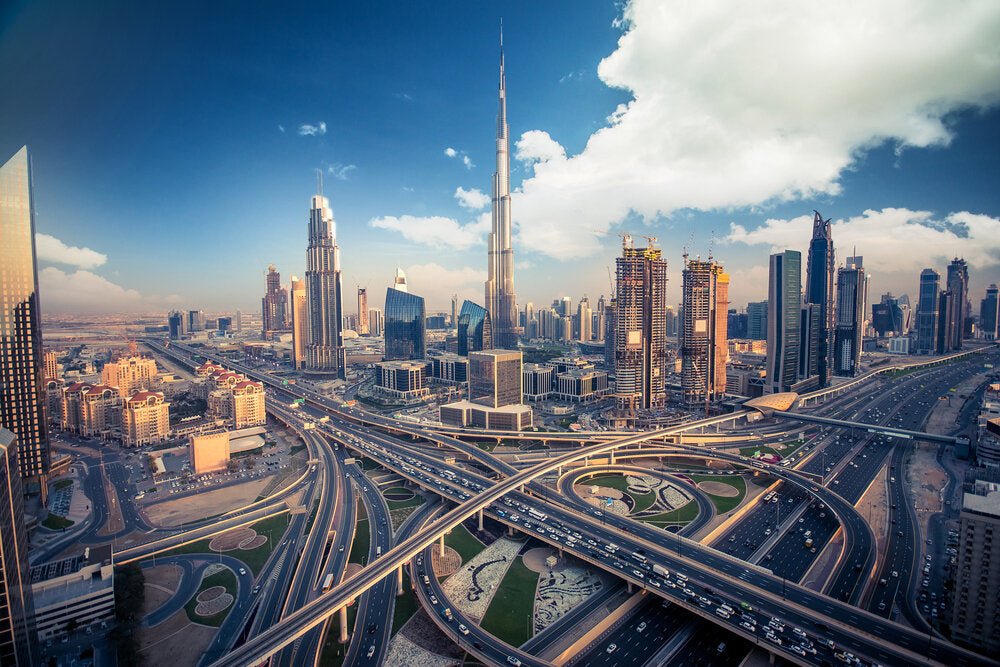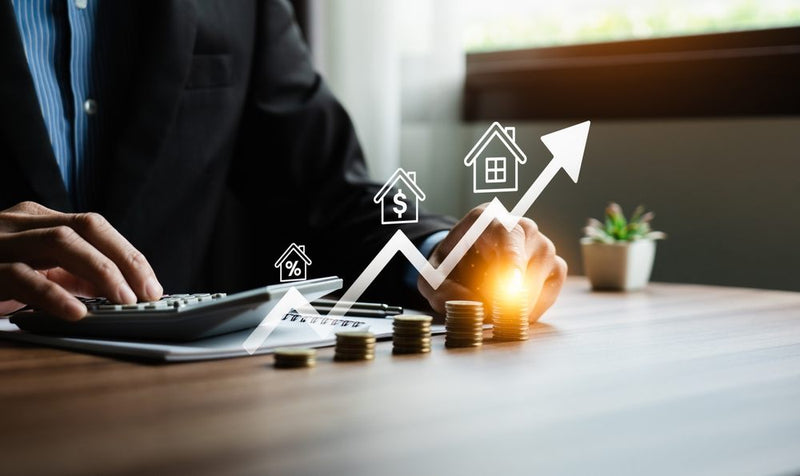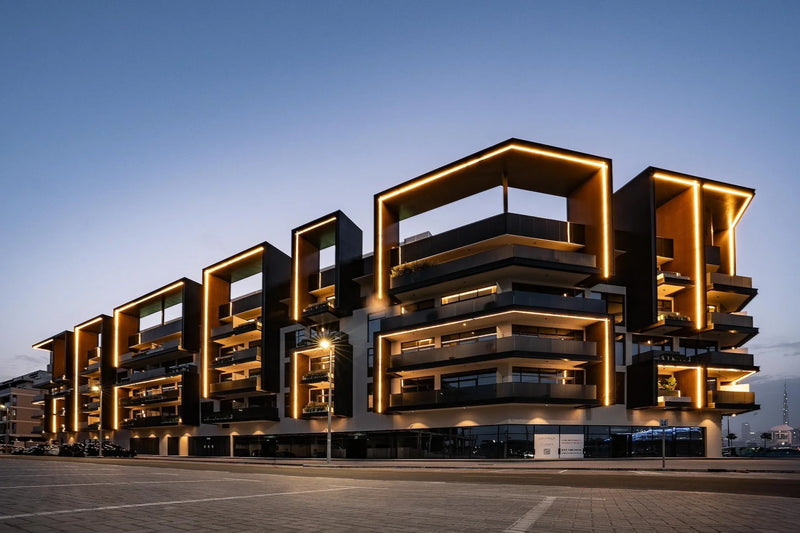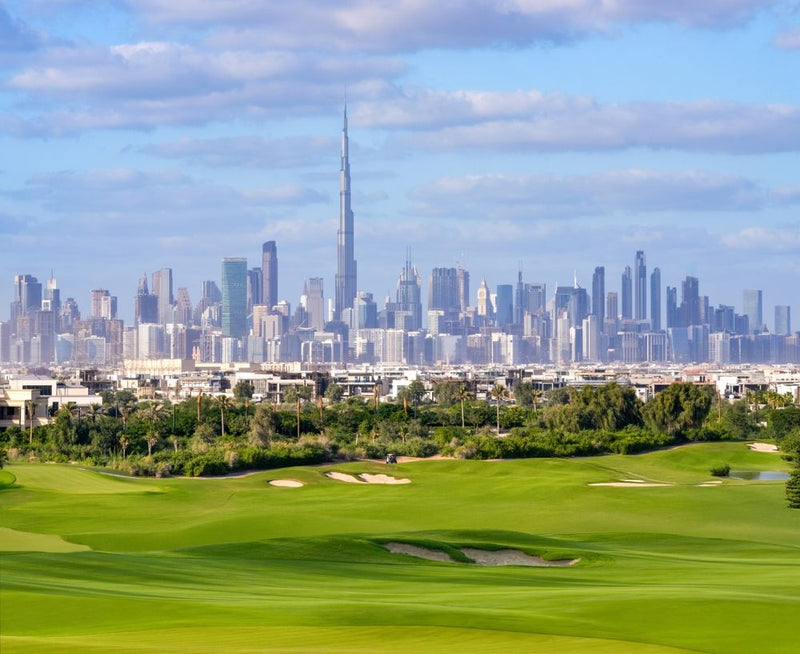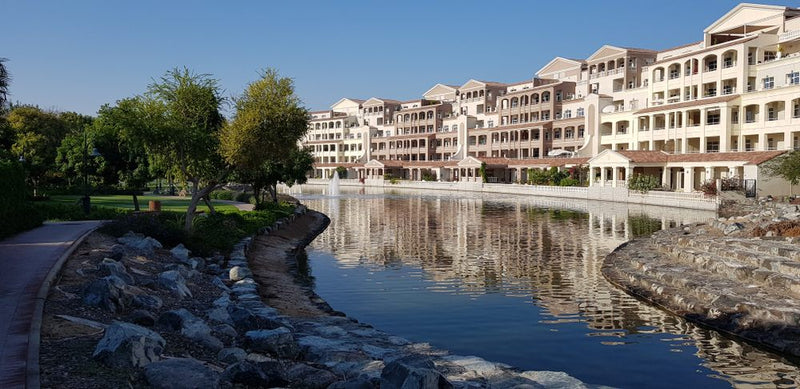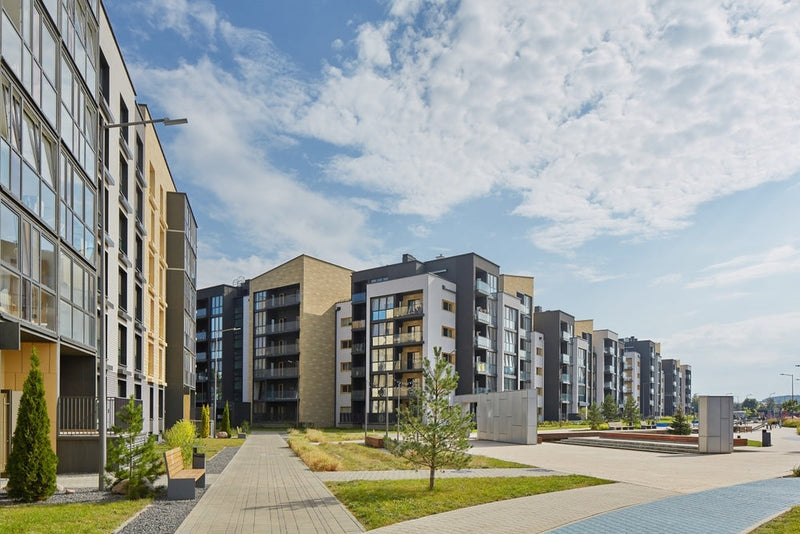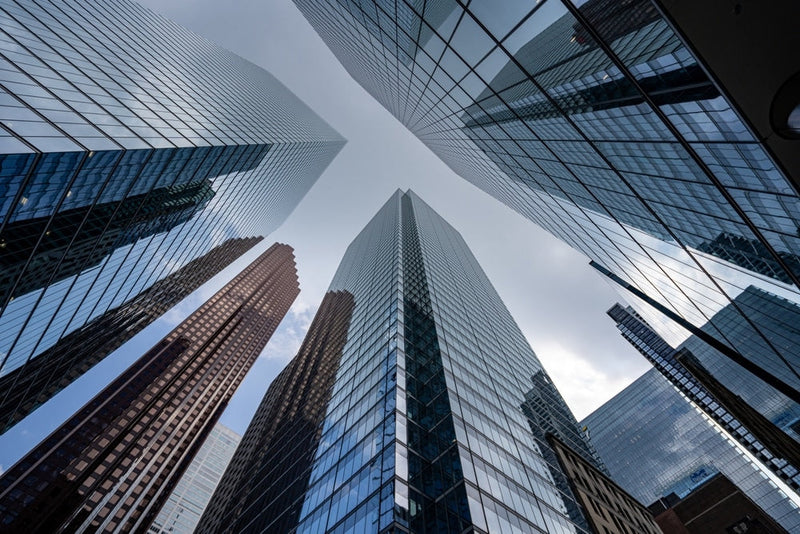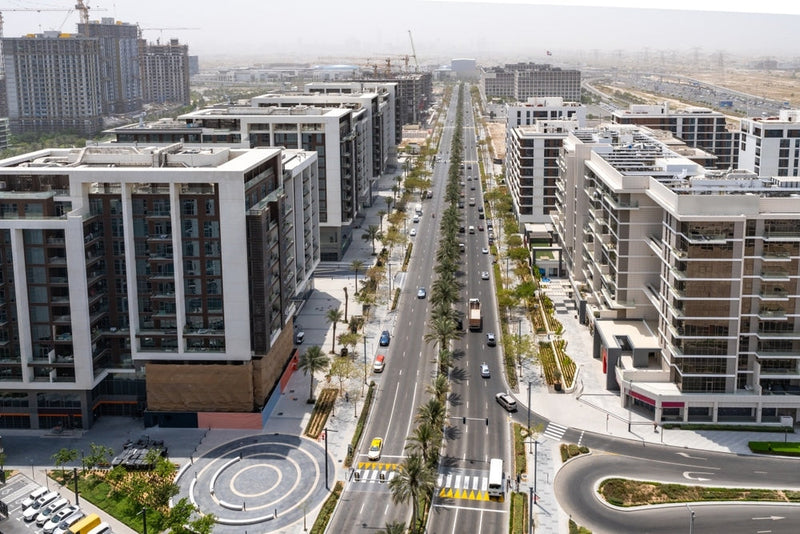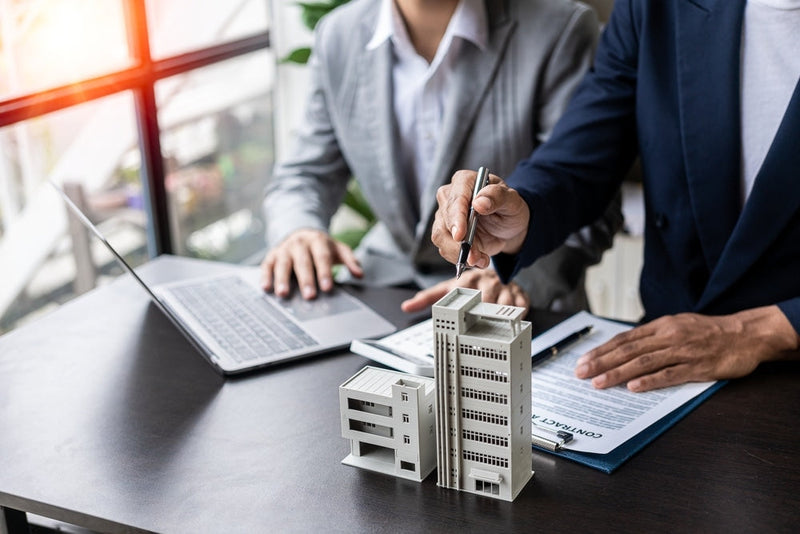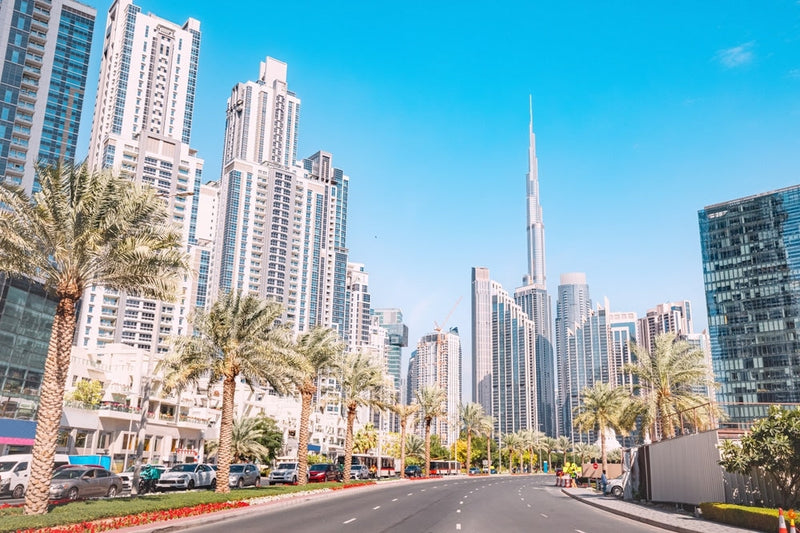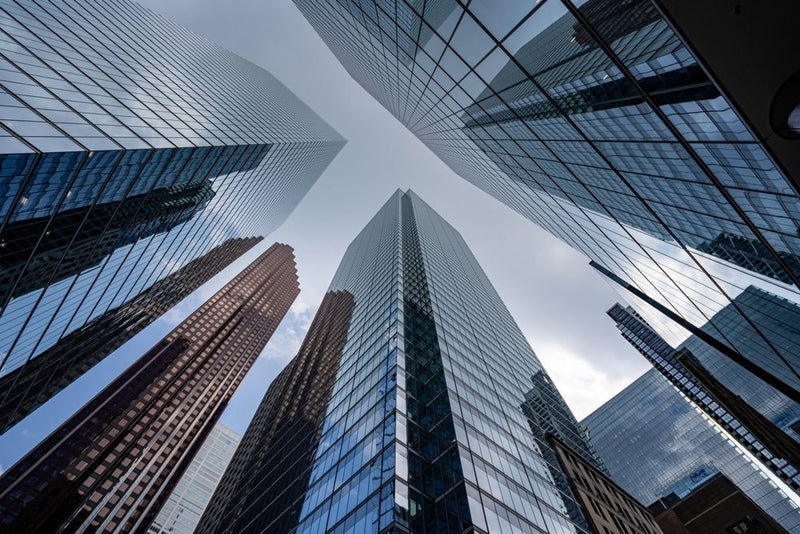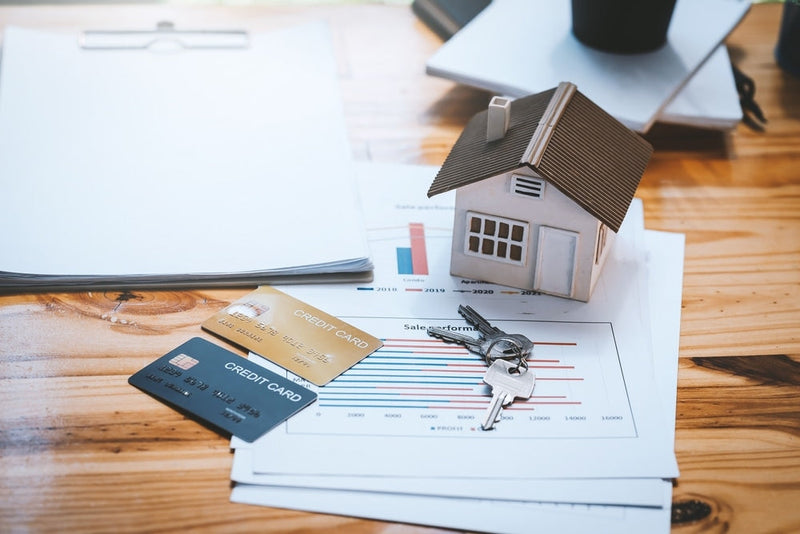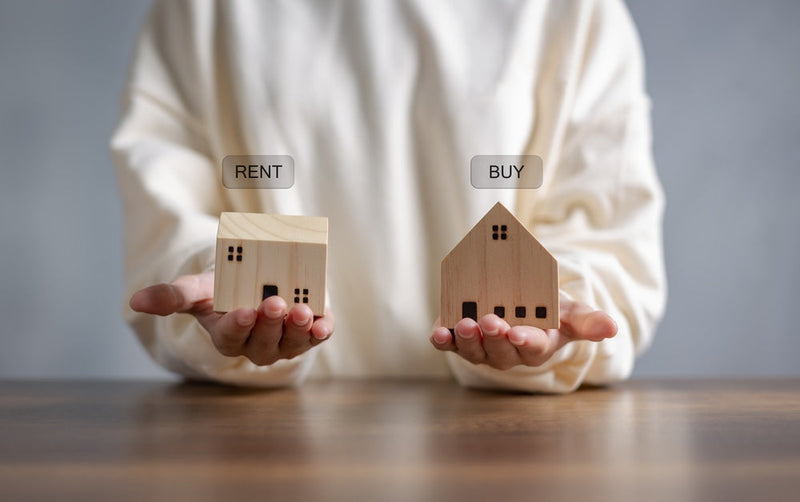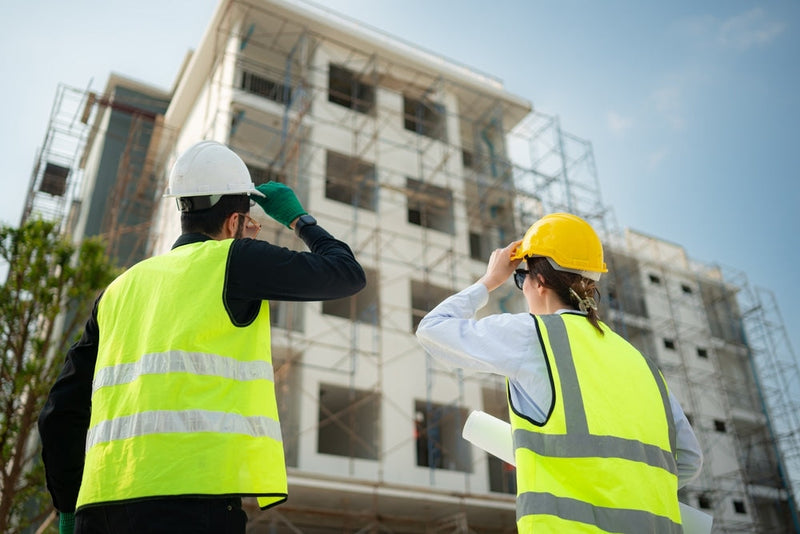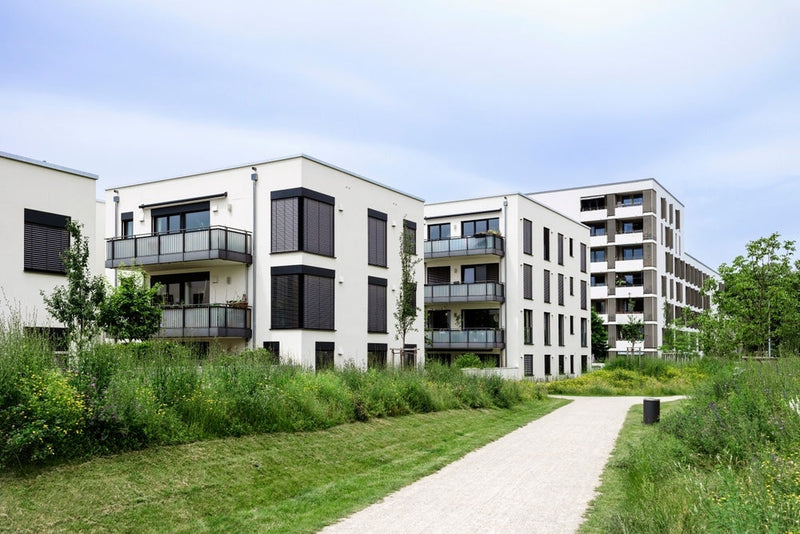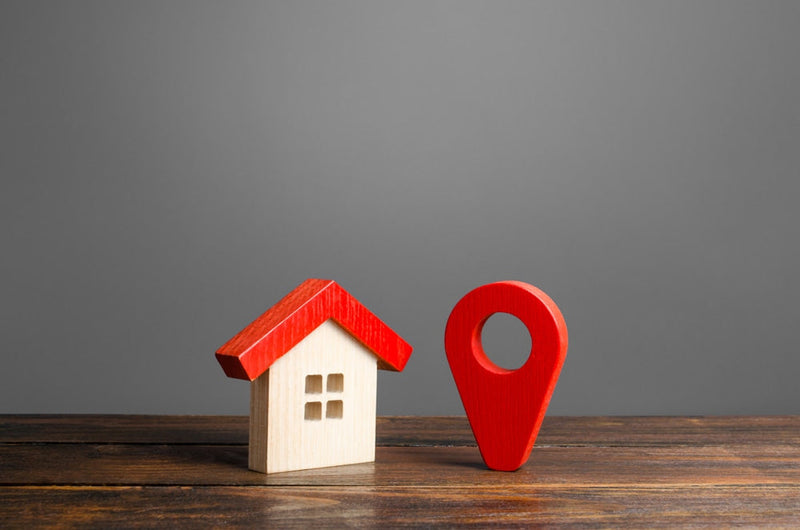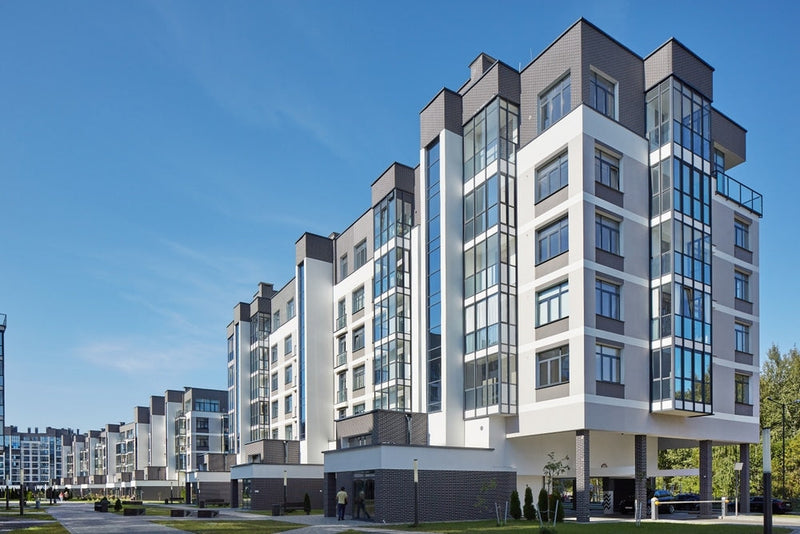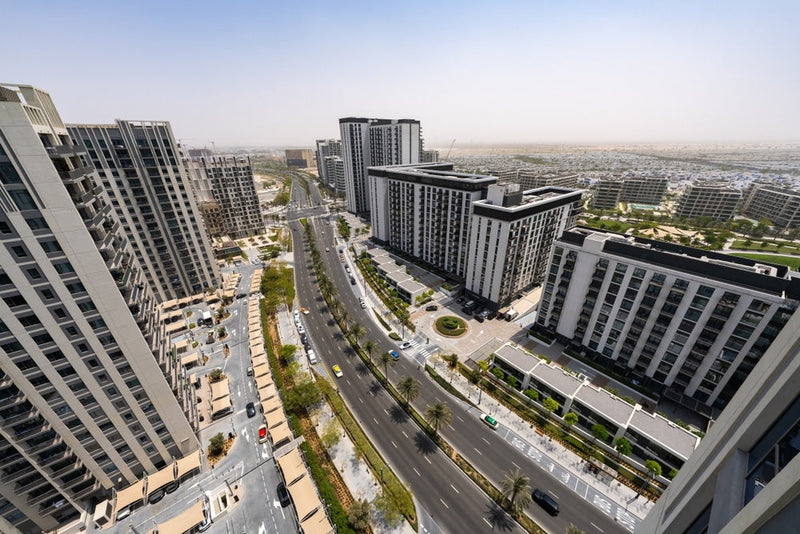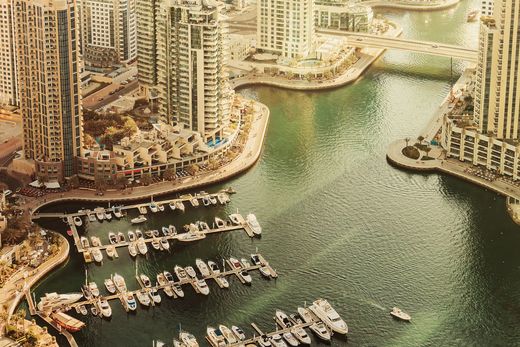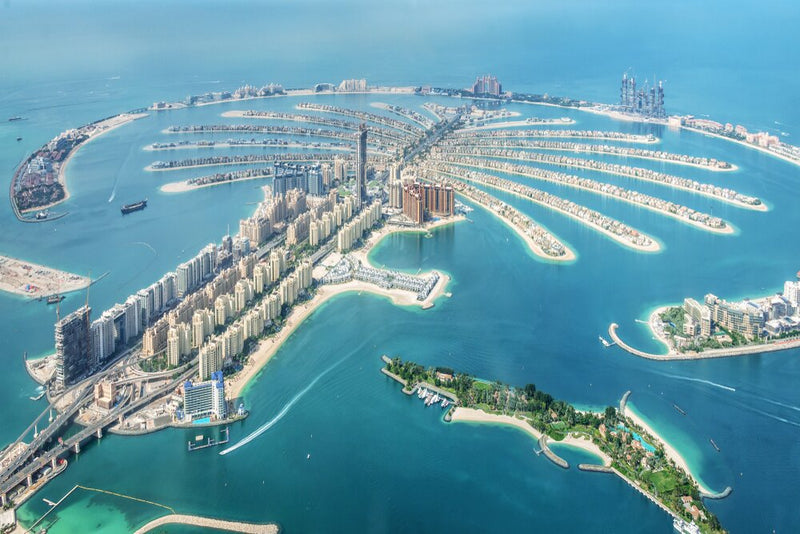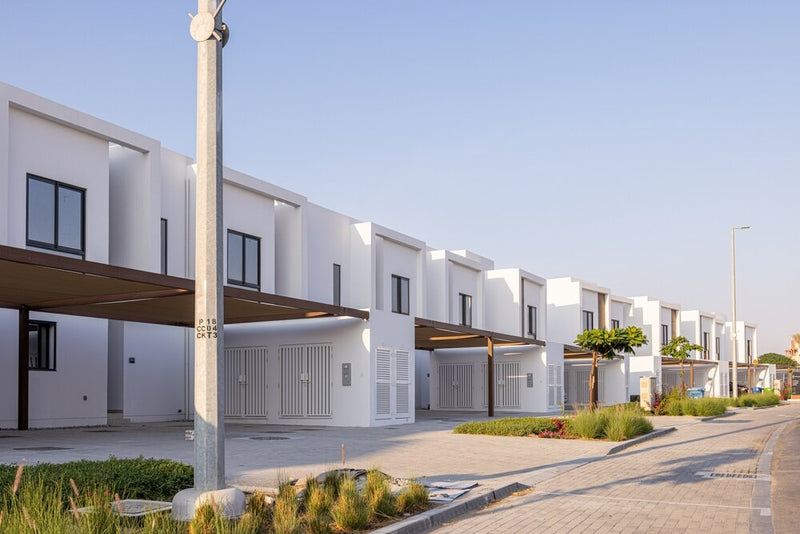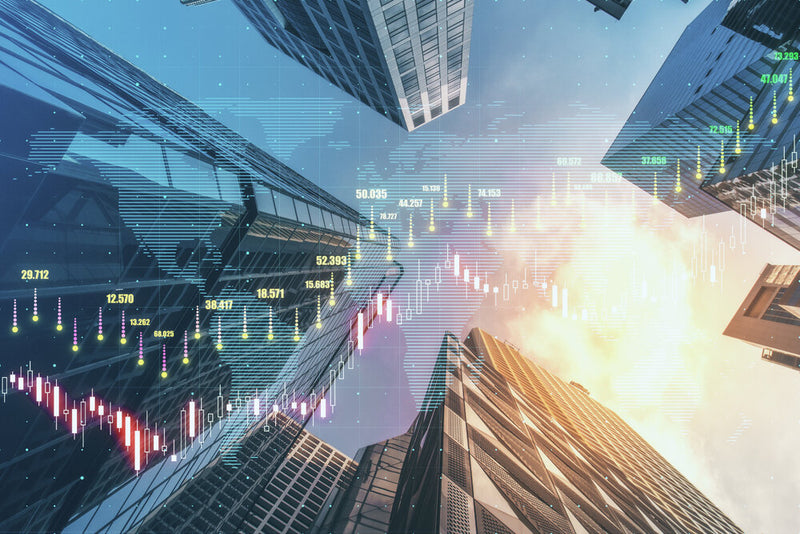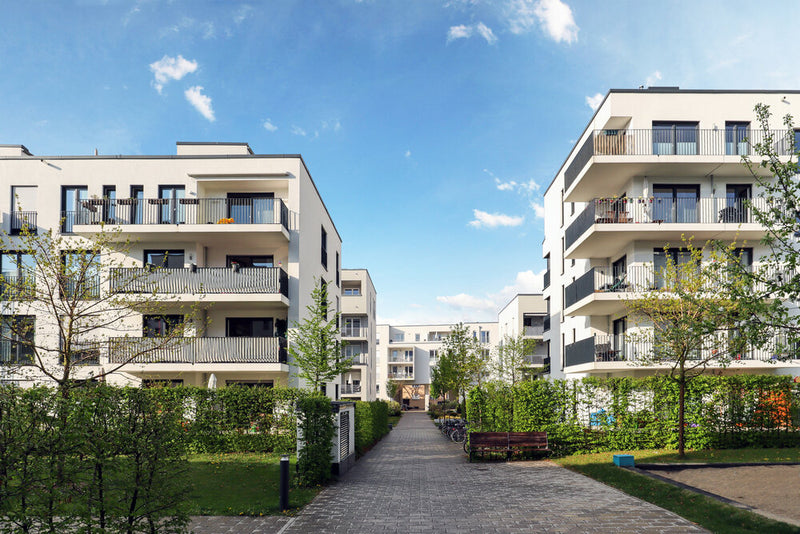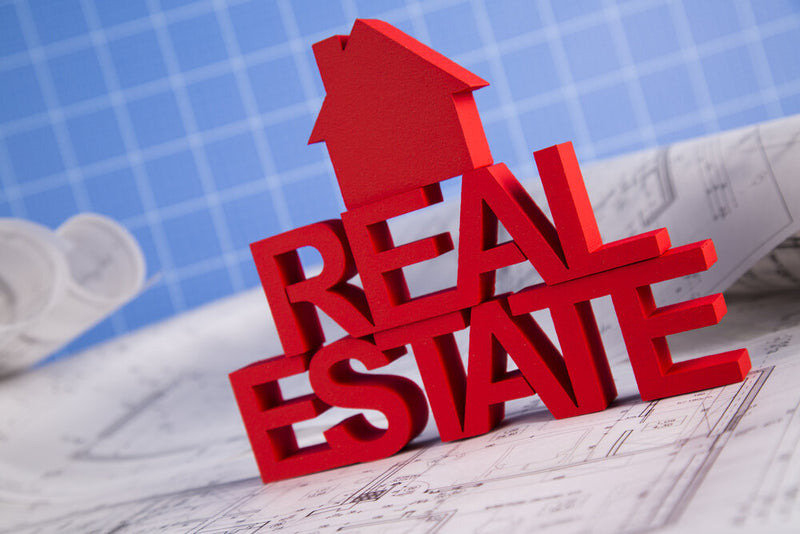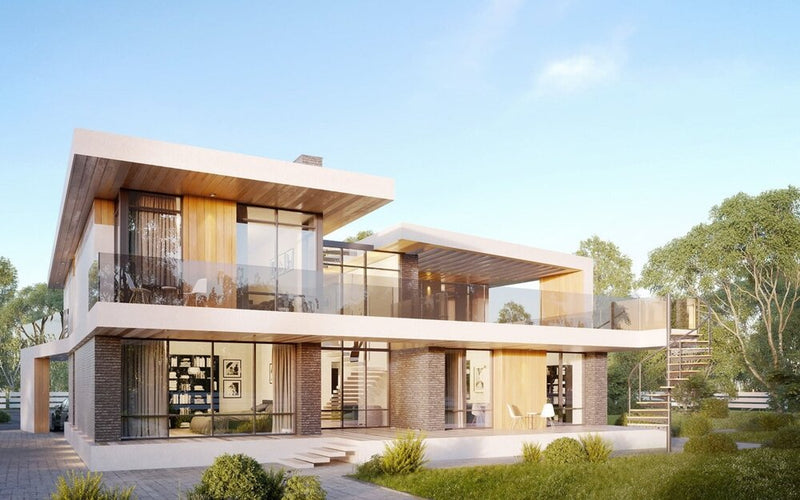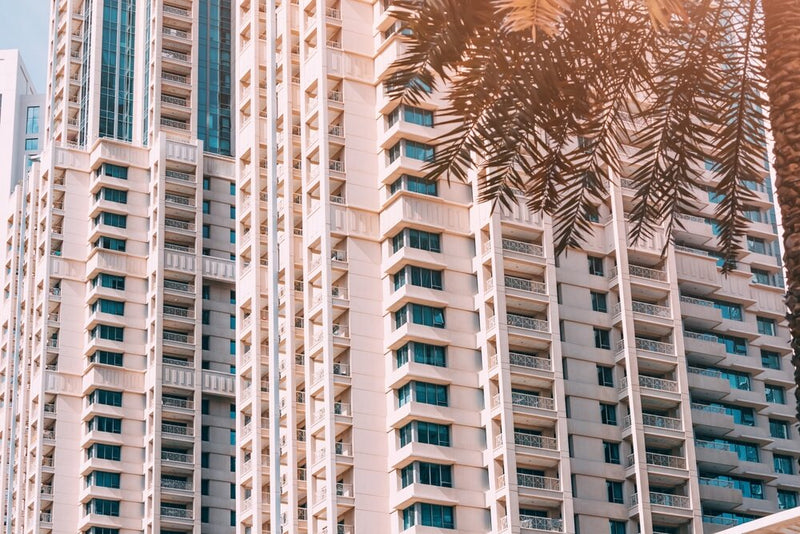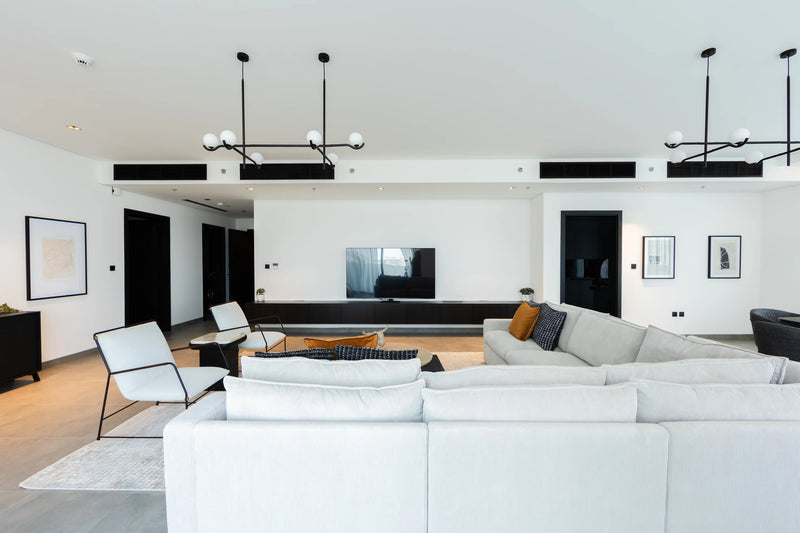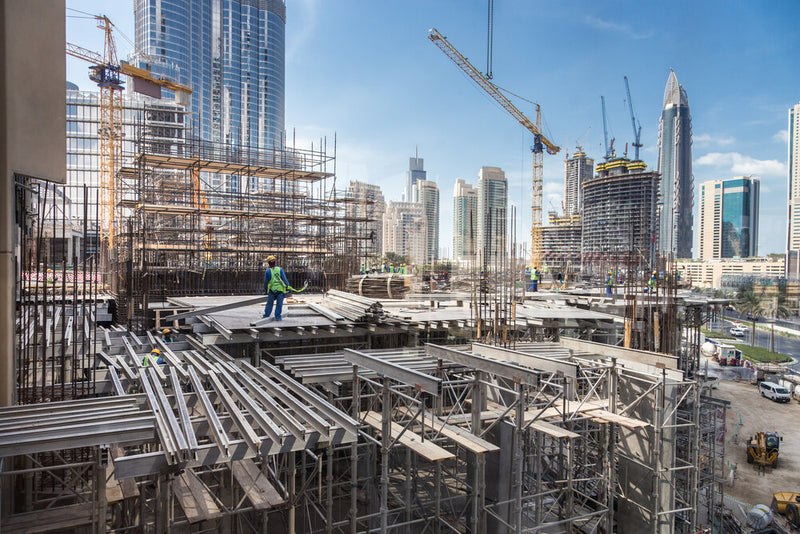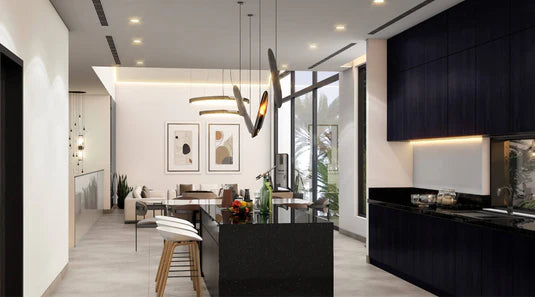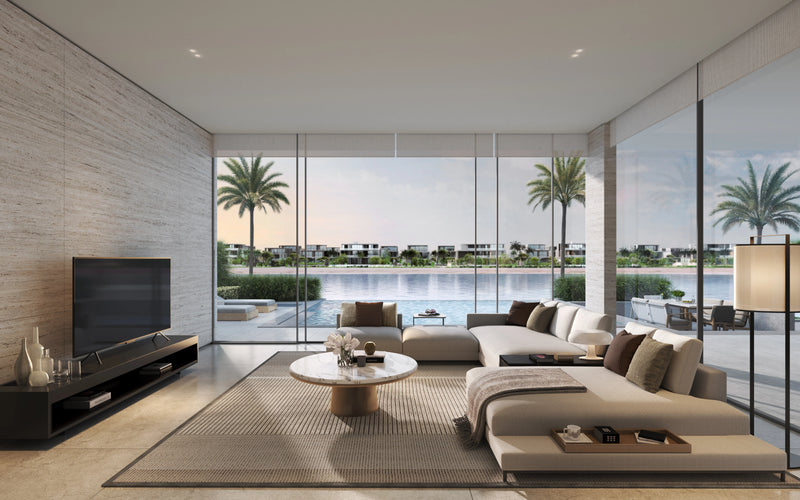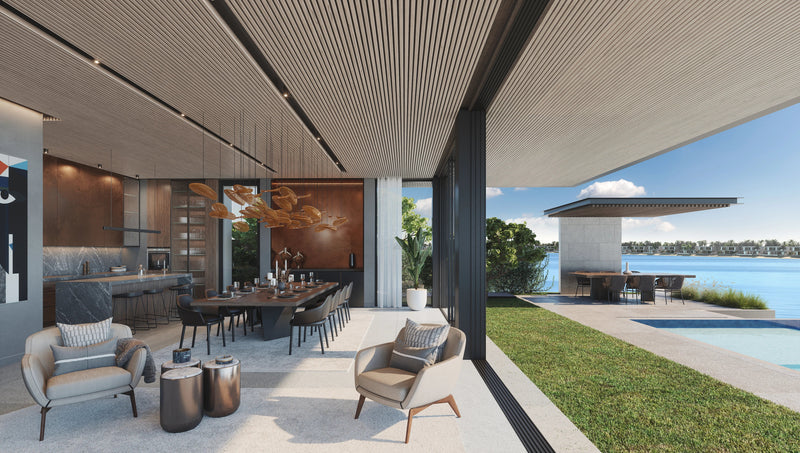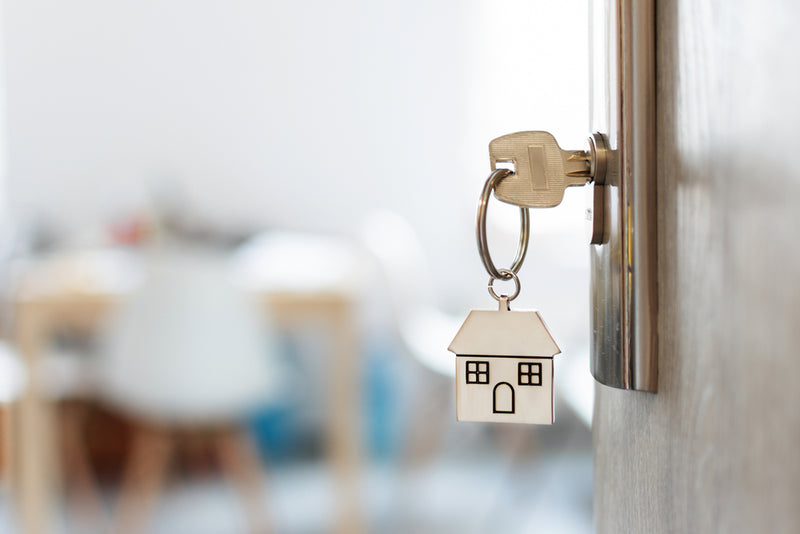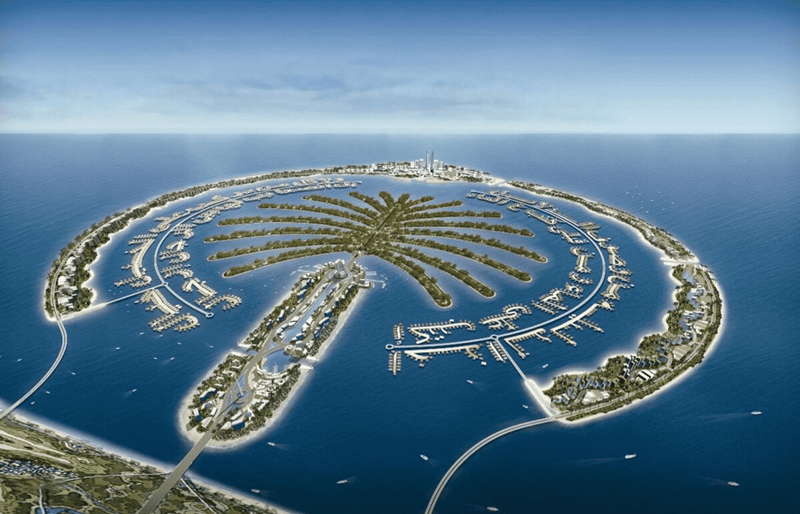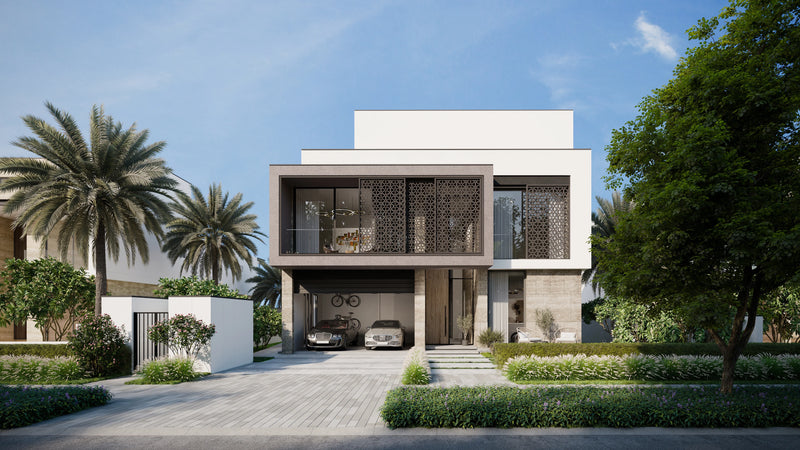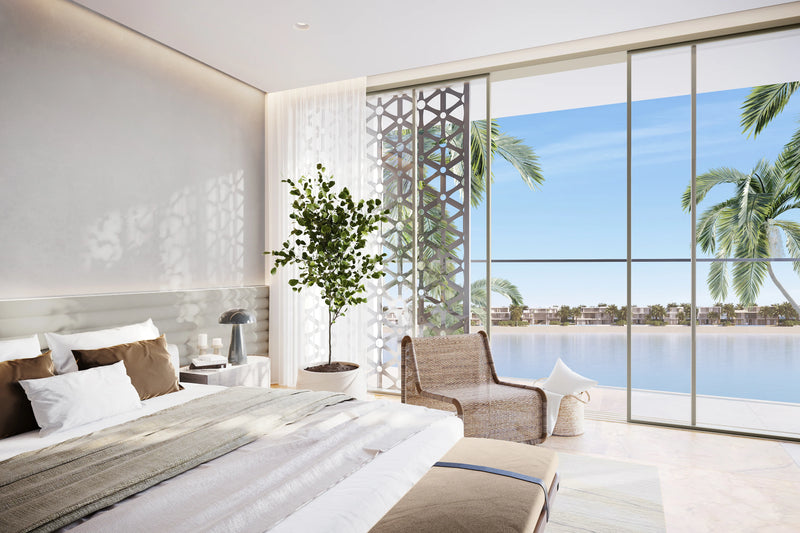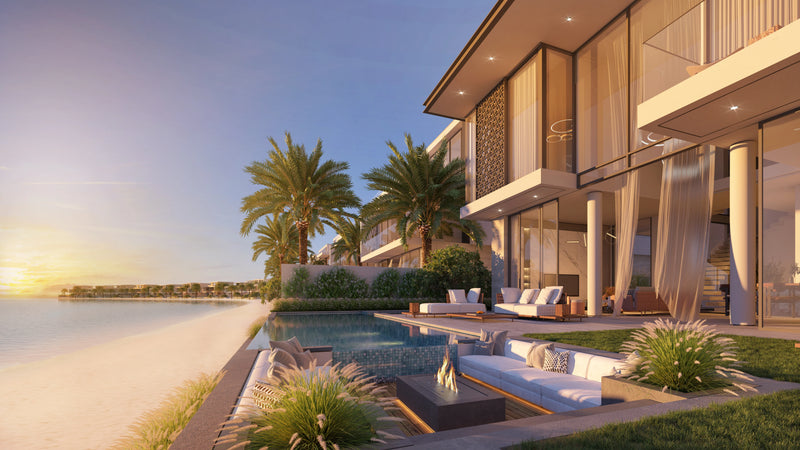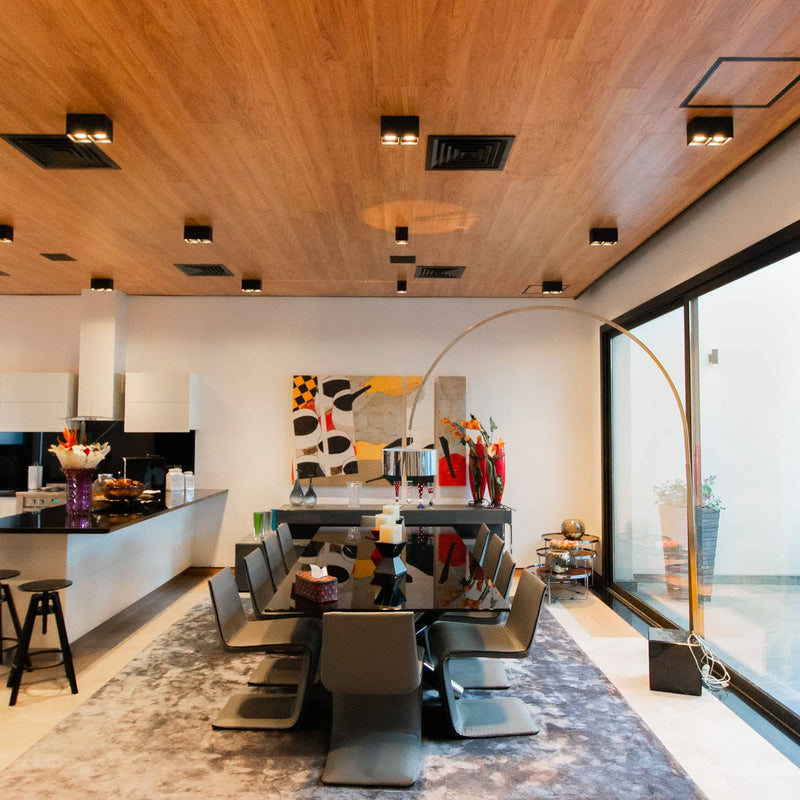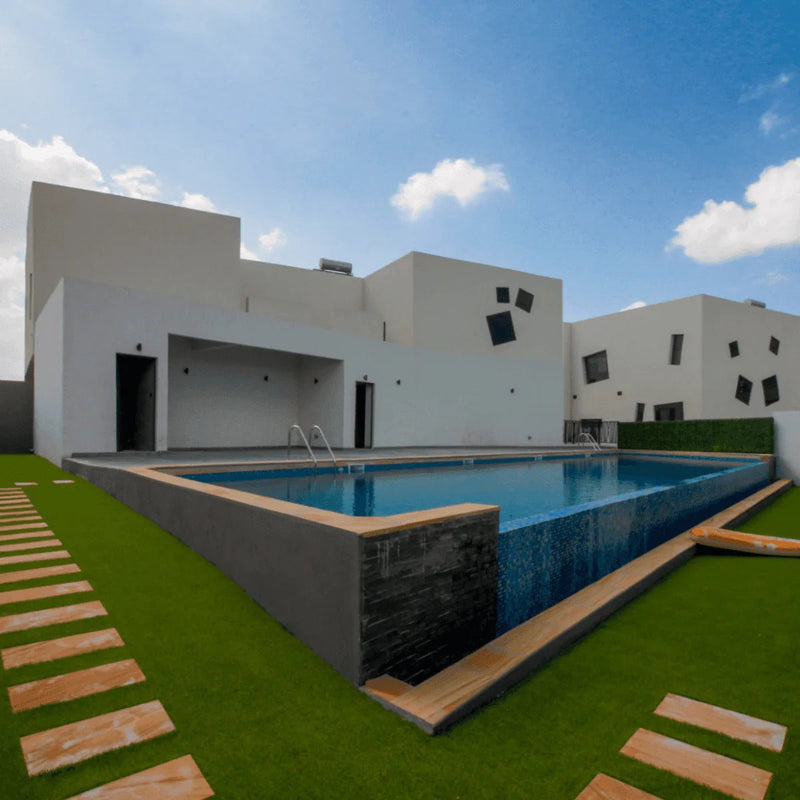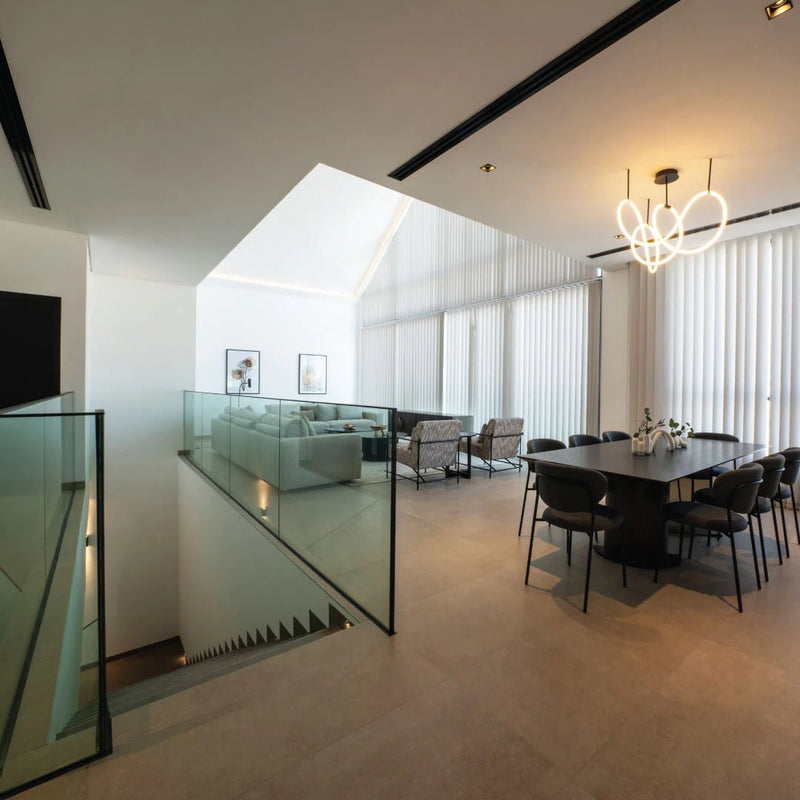Dubai, a city of visionary dreams and architectural marvels, has seen its real estate sector evolve remarkably. From its humble beginnings in the 20th century to the iconic structures that now define its skyline, the history of Dubai's real estate development is a testament to ambition, innovation, and adaptability. In this concise exploration, we journey through time to unveil the pivotal moments, key projects, and transformative trends that have shaped Dubai's real estate landscape. Join us as we unravel the captivating story of a city that emerged from the sands to become a global beacon of urban excellence.
When Did Real Estate Development In Dubai First Begin?
Dubai's real estate journey traces back to the early 20th century when the city primarily relied on pearl diving, fishing, and trade. The initial signs of real estate development emerged during the 1960s and 1970s. Dubai's visionary leadership recognized the need to diversify its economy and reduce its dependence on oil.
In 1966, the construction of the city's first-ever apartment building, Al Ghurair Centre, marked a significant milestone. This groundbreaking project heralded Dubai's shift towards modernization and urbanization. The 1970s saw the establishment of the Dubai Land Department, a pivotal step in regulating and streamlining the real estate sector.
What were some of the key projects undertaken during Dubai's early real estate development history?
In the 1990s, the iconic Deira Twin Towers, also known as the Rolex Towers, graced Dubai's skyline. These twin towers were among the earliest symbols of Dubai's ambition to become a global city.
The Emirates Towers, completed in 2000, showcased Dubai's commitment to world-class infrastructure. These twin towers, housing offices, a luxury hotel, and a shopping complex became a hallmark of the city's development.
Perhaps one of the most iconic real estate projects globally, the Palm Jumeirah, an artificial island shaped like a palm tree, began construction in the early 2000s. This massive project redefined Dubai's coastline and set the stage for extravagant waterfront living.
The crowning jewel of Dubai's real estate history, the Burj Khalifa, was completed in 2010. As the world's tallest skyscraper, it showcased Dubai's ambition and innovation. The Burj Khalifa's completion marked a pinnacle of achievement for the city's real estate sector.
How did the global financial crisis of 2008 impact Dubai's real estate development industry?
The global financial crisis of 2008 profoundly impacted Dubai's real estate sector. The city was heavily reliant on foreign investments and financing for its ambitious projects. When the crisis hit, a sudden slowdown occurred, leading to several consequences:
What trends have emerged in Dubai's real estate development industry in recent years?
Dubai's real estate landscape has evolved with time, adapting to changing market dynamics and global trends. Some notable recent trends include:
Dubai has embraced sustainability, with developers incorporating eco-friendly features into their projects. Buildings like the "Al Bahr Towers" showcase cutting-edge sustainable architecture.
Dubai aims to become a smart city, integrating technology into urban planning and infrastructure. Smart features like automated transportation and energy-efficient buildings are becoming more prevalent.
Recognizing the need for affordable housing, Dubai has launched initiatives to make homeownership more accessible to its residents.
With Dubai's growing tourism industry, developers focus on creating luxury resorts, entertainment hubs, and unique attractions.
What Is The Future Outlook For Dubai's Real Estate Development Industry?
The future of Dubai's real estate sector appears promising, driven by several factors:
- Expo 2020: Dubai's hosting of Expo 2020 has spurred massive infrastructure development, including expanding airports, new hotels, and state-of-the-art exhibition centers.
- Diversification: Dubai continues diversifying its economy, reducing its reliance on oil and attracting investors worldwide.
- Technology and Innovation: The city is set to embrace futuristic technologies like blockchain for property transactions and 3D printing for construction.
- Sustainability: Dubai's commitment to sustainability will persist with more green building initiatives and sustainable urban planning.
- Global Investment: Dubai remains a global investment hub, attracting foreign capital due to its strategic location and business-friendly policies.
Conclusion
Dubai's real estate development has come a long way, from its modest beginnings to becoming a global real estate powerhouse. Its ability to adapt to changing times and trends has been central to its success. As Dubai's skyline evolves, the world watches in awe at the architectural marvels rising from the desert sands. For those seeking to be a part of Dubai's dynamic real estate landscape and reap the benefits, consider Gamma Real Estate Property Development in Dubai.

